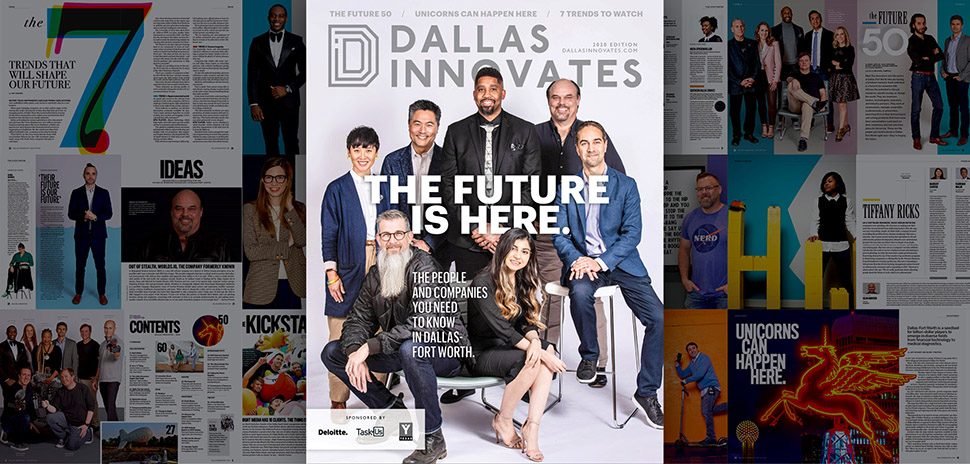Meet the education innovators who are driving change in their communities and beyond. These forward-thinking individuals are among the Future 50 in Dallas-Fort Worth, our editors’ picks of trailblazers who are shaping the future in their industries.
From improving the learning experience with gamification to addressing high rates of principal turnover, these education innovators are disrupting the status quo with their groundbreaking solutions. This group of innovators includes Amanda Dudley, the executive director of Principal Impact Collaborative, which seeks to improve public school outcomes, and Karen Meadows, the director of the Simulation Center at UNTHSC, who has turned a training space for medical professionals into a reality.
Other inspiring innovators on the list include Luke Hejl, the co-founder and CEO of TimelyMD, a virtual platform that complements on-campus health centers with on-demand medical and mental health care for college students, and Taylor Shead, the co-founder and CEO of STEMuli Studios, a game-based, “educational metaverse” platform that empowers students with equal opportunities to secure high-paying jobs through education.
The Future 50 in Dallas-Fort Worth were featured in Dallas Innovates 2023 magazine. Check out the full list here.
Written by Quincy Preston, David Seeley, Glenn Hunter, Sandra Engelland, Lance Murray, Maroof Ahmed, and Leslie Barker.
Photo of Richard Margolin and Taylor Shead by Michael Samples.
FUTURE 50 | EDUCATION
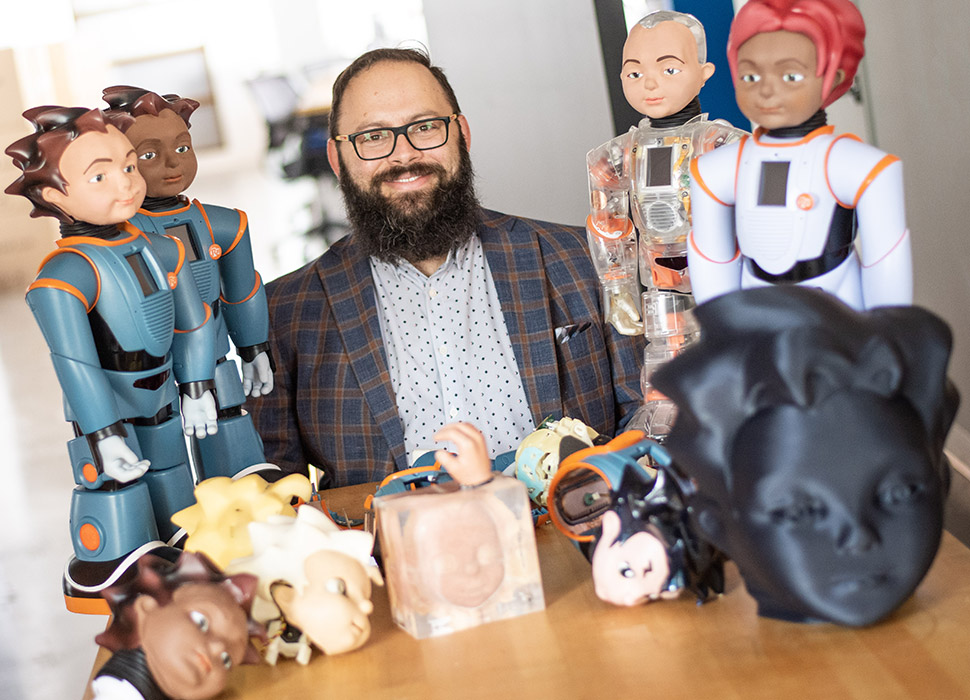 ROBOT REVOLUTIONARY
ROBOT REVOLUTIONARY
Richard Margolin
Founder and CEO
RoboKind
When is a robot better than a human at teaching students social, emotional, and behavioral skills? When the student requires many repetitions of the same lesson and finds it easier to connect with a robot than a person.
That’s the premise behind RoboKind, a Dallas-based, education technology company that designs and builds facially expressive robots that facilitate learning for individuals with autism.
“Robots are consistent, nonjudgmental, and more patient than any human could ever be,” says Margolin, who founded the company in 2011. “When a student needs to run the same lesson more than 500 times over the course of years to acquire a skill, the robot has no problem with that.”
Research from the University of Texas at Dallas Callier Center shows that students on the autism spectrum engage with RoboKind’s robots 87.5% of the time, versus 2% to 3% of the time with a human therapist alone.
RoboKind provides its friendly robots Milo, Veda, Carver, and Jemi to school districts across the country, and now incorporates in-platform goal tracking to help educators track the progress of neurodiverse students as they master new skills.
Margolin, who’s doubled the company’s revenue and headcount since taking over as CEO in 2021, says its assistive robotic technology aims to make life easier for special-education teachers, not replace them. “Our mission at RoboKind is to use robots to bring people closer together,” he adds. “Robots will never replace the need for human teachers.” —S.E.
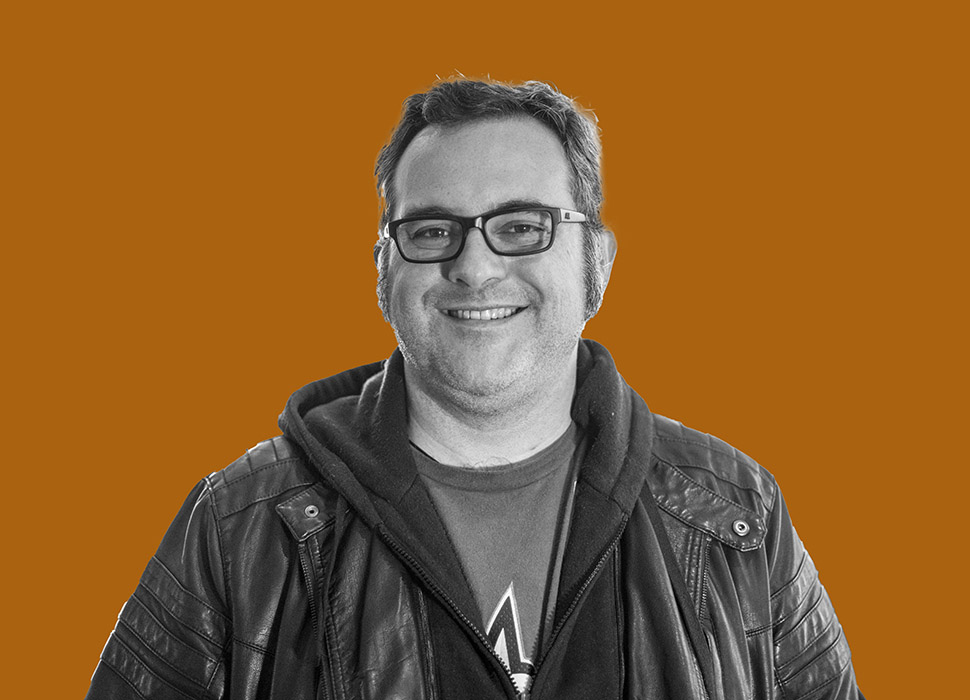 MAKERSPACE MASTER
MAKERSPACE MASTER
James Henningson
Board Member and Outgoing President
Dallas Makerspace
Henningson first got involved with Dallas Makerspace when he needed to wire up a prototype for his day job. The Dallas venue, which is actually located in Carrollton, is billed as the largest public, member-driven makerspace in the country.
Makerspaces, where invention and collaborative learning take place, have skyrocketed in popularity in recent years.
The nonprofit Dallas Makerspace boasts 1,400 members and 18 labs in 36,000 square feet. It offers tools and teachers for traditional crafts like woodshop and metalwork as well as modern technology, from electronics and robotics to 3D fabrication.
The venture is “100% driven by member initiative” and aims to support the maker community throughout the U.S., Henningson says: “We are well on our way with the work we are doing locally.” —S.E.
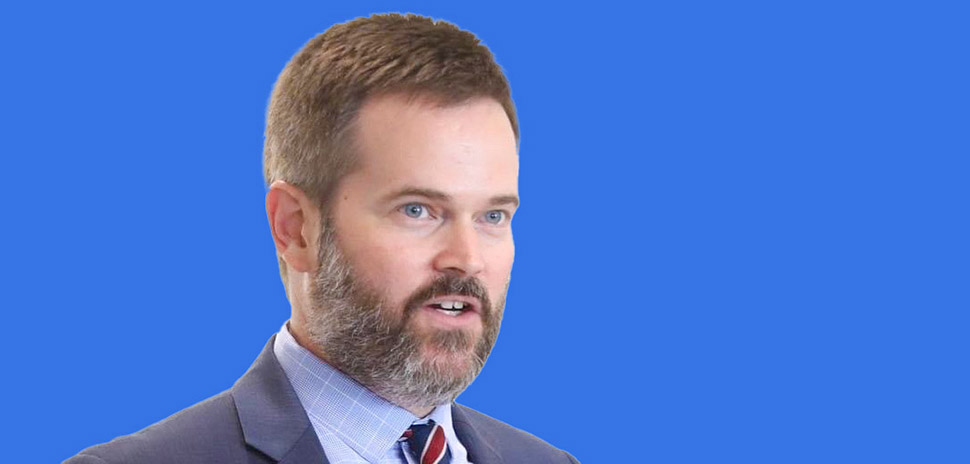 OPPORTUNITY CREATOR
OPPORTUNITY CREATOR
Ben Magill
Associate Vice Chancellor, Economic Opportunity
Dallas College
Magill’s goal is to generate equitable economic opportunities in Dallas County by preparing Dallas College students for jobs now and in the future.
Magill, who founded the school’s Labor Market Intelligence Center, created the platform in part to assess current jobs and near-term trends. The aim? To align the college’s programs with available employment and work with companies to fill jobs.
Last summer, the associate vice chancellor and his team led the effort to land an $8.8 million grant from the U.S. Economic Development Administration’s Good Job Challenge.
The grant to Dallas College and its partner institutions will create a regional career pathway model in biotechnology, biomanufacturing, and bioinformatics. The initiative aims to grow the region’s biotech workforce, which can help put North Texas in the same league as other major biotech hubs in the U.S.
“Over the next three years, Dallas Fort-Worth is projected to add over 200,000 jobs,” he says. He wants to help students prepare to join the workforce.
“Our mission over the next three years is to help people in underrepresented communities and neighborhoods land an entry-level job in the emerging biotech/life sciences industry in North Texas,” Magill says. —S.E.
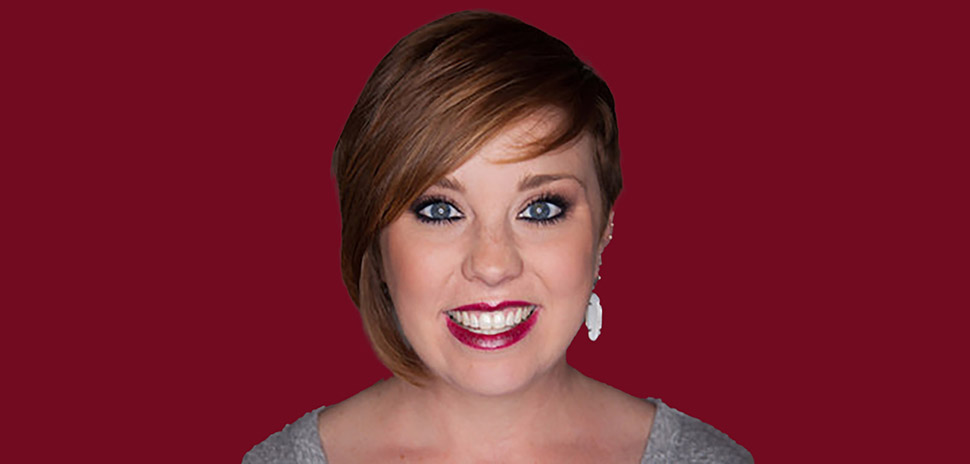 PRINCIPAL POWERHOUSE
PRINCIPAL POWERHOUSE
Amanda Dudley
Executive Director
Principal Impact Collaborative
Dudley—a former principal, district leader, and teacher with a PhD in education—is uniquely qualified to drive the mission of the Principal Impact Collaborative: Known as PIC, the UNT Dallas organization aims to improve public school outcomes and address high rates of principal turnover in Dallas-Fort Worth.
In November, PIC received “six-figure” grants from two local foundations, United Way of Metropolitan Dallas and The Sid Richardson Foundation, to support two of its professional learning programs: The Principal Fellowship and Leadership Lab.
According to PIC, its principals are “more visionary, innovative, and resilient”—and prepared to put “big ideas” into action. —Q.P.
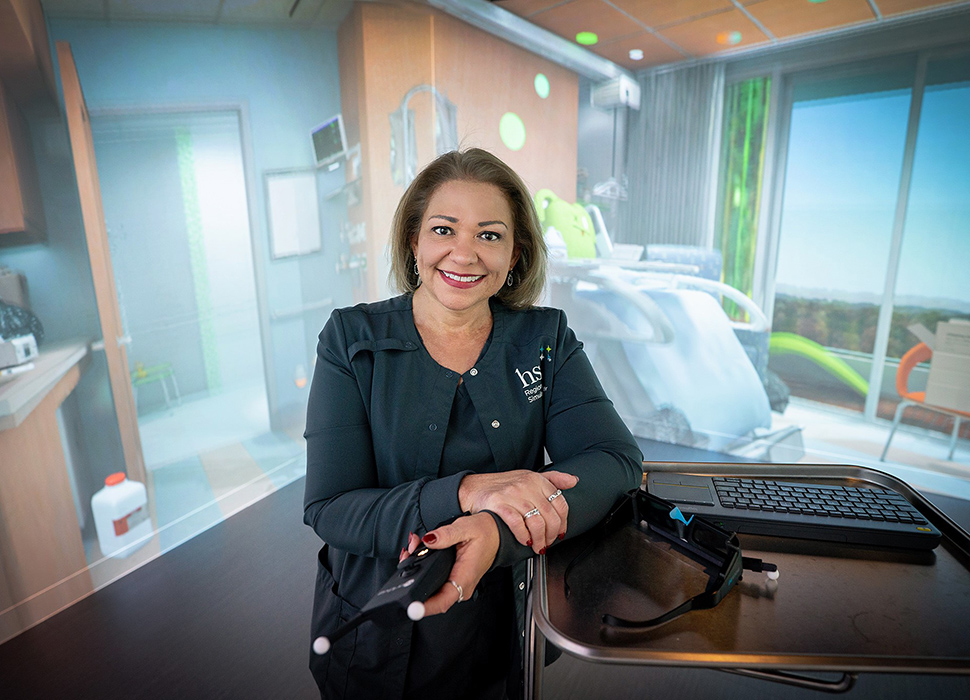 MANIKIN MASTER
MANIKIN MASTER
Karen Meadows
Director, Simulation Center
UNTHSC
Where can you train students and healthcare professionals in medical procedures using cutting-edge techniques? At the new and improved HSC Regional Simulation Center at the University of North Texas Health Science Center at Fort Worth.
There, students and professionals use virtual and augmented reality headsets, immersive projection technology, 3D visualizations, and lifelike manikins that bleed, speak, and even “give birth.”
“We train all types of clinical scenarios and skills from basic to advanced,” says Meadows, the center’s director. “We strive to make patient care safer by providing a space for learners to try out new procedures, perfect their skills, and improve teamwork and communication.”
The center, which tripled in size to 16,000 square feet when an expansion was completed last summer, is one of the few facilities in the country—and the first in Texas—to offer simulation rooms with 3D projection on all four walls.
The center is used primarily by HSC students and faculty, but community healthcare providers also can book space. As the metaverse becomes more defined and artificial intelligence influences best care practices, Meadows expects healthcare education to change rapidly, with more telehealth applications and wearable tech, for example. But human-to-human interaction will remain all-important, she says.
“While we can learn in cyberspace, we will still need to stay grounded in the basic foundations of communication, teamwork, and human connection.” —S.E.
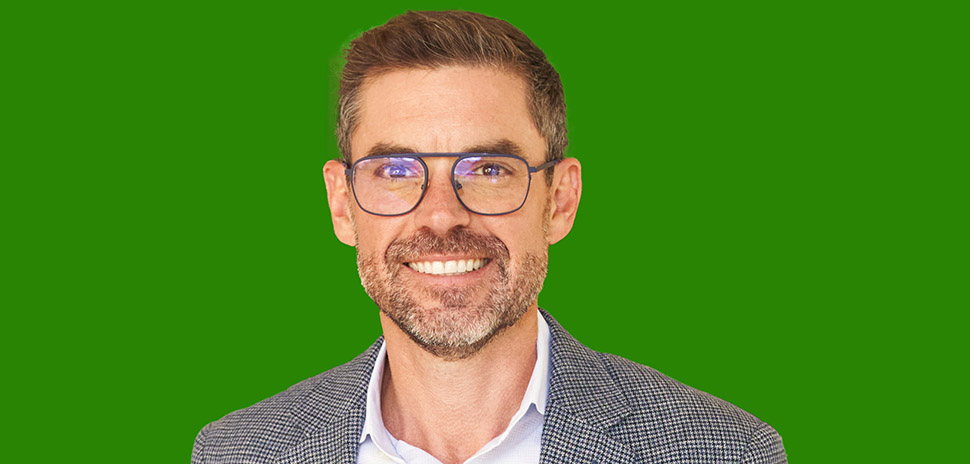 CAMPUS CAREGIVER
CAMPUS CAREGIVER
Luke Hejl
Co-Founder and CEO
TimelyMD
Hejl, along with co-founders Chris Clark and Alan Dennington, set out to deliver on-demand medical and mental health care to students five years ago. Looking to eliminate barriers such as insurance and long wait times, they pioneered the first telehealth program that offered students access to virtual healthcare at no cost.
“We were selling a new concept in higher education,” Hejl says. “Our buyers initially thought we were trying to replace campus health centers, which couldn’t be further from the truth.” The company works in collaboration with on-campus health centers through its proprietary platform, called TimelyCare.
Today, one and a half million students on nearly 250 college and university campuses across the country are now able to reach a telehealth provider from TimelyMD in under five minutes, on average. And the startup now has 175 employees and made the Inc. 5000 list of the fastest-growing U.S. companies in 2022.
“Our mission at TimelyMD is to improve the health and well-being of students,” says Hejl of the platform. “And the stakes have never been higher.”
Hejl is seeing a particular need for mental health care on campuses, noting that nine out of 10 college students say there’s a “full-blown mental health crisis on their campus.” In addition, there are long wait times for many campus counseling center appointments—sometimes as long as two to three weeks.
Thanks to TimelyMD, however, students may be seeing a light at the end of the tunnel.
“80% of our visits this year have been for mental health, compared to 10% pre-pandemic,” he said late last year. “Whether a student is experiencing stress before a big exam, feeling a panic attack coming on before practice, or sitting alone in a stairwell with suicidal thoughts, getting help has never been easier or more critical,” he says.
Hejl says studies show the majority of college students living with mental health issues turn to each other first. One new development he’s particularly proud is TimelyMD’s new peer support community to empowers students to safely connect with and encourage each other in a “judgment-free space.”
Last year, Timely also became the first virtual care company in the higher-ed sector to receive accreditation from URAC, the nation’s largest independent healthcare accreditation group. —L.B.
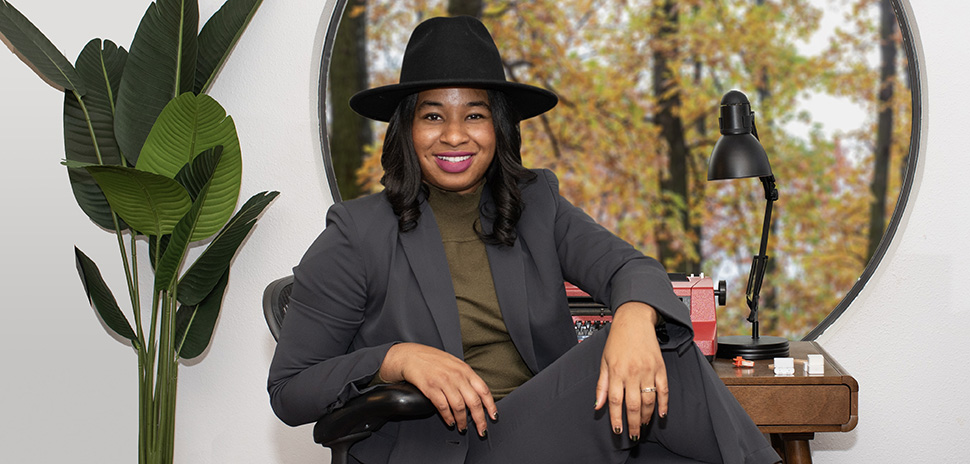 STEMULATOR
STEMULATOR
Taylor Shead
Co-Founder and CEO
STEMuli Studios
Teachers are fleeing the profession, online learning has been a challenge for many students, and K-12 math and science scores are lackluster at best, threatening the preparedness of tomorrow’s workforce. But a game-based, “educational metaverse” developed by Shead’s company is aiming to help reverse these trends as it rewards students for learning and helps teachers track their progress.
With STEMuli’s unique, 3D-gamified schooling platform, students select a cool customized avatar and then navigate through virtual learning classrooms. The metaverse rewards students with digital incentives—just like video games do—for attending classes and completing assignments.
“Today, 21st-century kids are being taught by 20th-century adults using the 19th-century curriculum on an 18th-century calendar,” Shead says. “Our gamified learning environment will bring the entire education system into the next century, accelerate the rate at which students learn, and transform how they learn.”
The company’s platform launched in 2020 in Dallas ISD at Dallas Hybrid Preparatory at Stephen J. Hay in Oak Lawn. Now, after receiving $3.25 million in seed funding in May—when Shead became only the 94th black woman in history to raise more than $1 million—STEMuli is looking to expand its reach to New York, California, Illinois, Georgia, and Washington, D.C.
“As the world of education continues to evolve, technology is the driving force behind innovation,” Shead says. The company’s ultimate goal is enabling all learners to have equal opportunity to “earn high salary income in the thousands of new jobs” that progress will bring, she adds. —S.E.
A version of this story was originally published in Dallas Innovates 2023.
Quincy Preston, David Seeley, Glenn Hunter, Sandra Engelland, Lance Murray, Maroof Ahmed, and Leslie Barker contributed to this report.
![]()
Read Dallas Innovates 2023 online
Take a journey into the heart of North Texas business. Our annual magazine takes you on a tour of the innovative and creative forces shaping the future.
WHAT ARE YOU INNOVATING? Let us know.
![]()
Get on the list.
Dallas Innovates, every day.
Sign up for our daily digest to keep your eye on what’s new and next in Dallas-Fort Worth.












